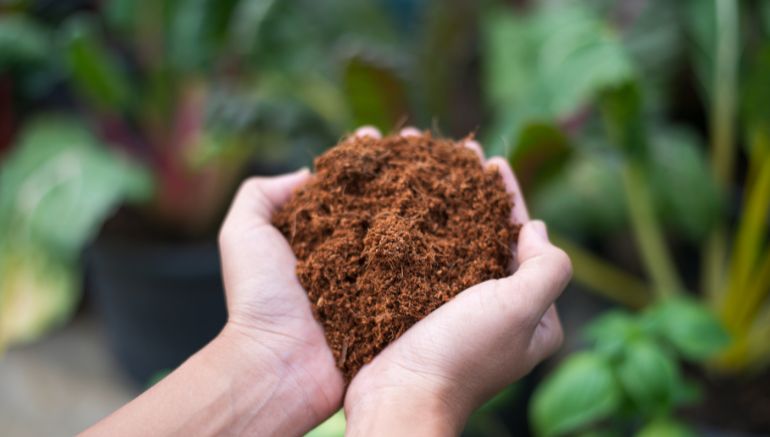
April 3, 2025
As the world shifts toward eco-friendly farming practices, coconut coir fiber is emerging as a game-changer in sustainable agriculture. With increasing restrictions on peat moss extraction and growing demand for renewable growing media, coir—derived from coconut husks—offers a high-performance, environmentally responsible alternative.
At Ceymate Exports, we specialize in producing premium-quality coconut coir substrates that empower farmers, horticulturists, and commercial growers to cultivate crops more efficiently while reducing environmental impact. Here’s why coconut coir fiber is the future of sustainable farming:
1. Eco-Friendly & Renewable
Unlike peat moss, which takes centuries to form and is often harvested from endangered wetlands, coconut coir is a byproduct of the coconut industry. Every year, millions of coconut husks are discarded as waste—but through innovative processing, they’re transformed into high-value agricultural substrates.
✅ Sustainable sourcing – No deforestation required.
✅ Reduces agricultural waste – Repurposes coconut husks that would otherwise be burned or dumped.
✅ Carbon footprint reduction – A natural, biodegradable alternative to synthetic growing media.
2. Superior Growing Performance
Coir fiber is prized by professional growers for its excellent water retention, aeration, and root support—key factors in healthy plant development.
🔹 Optimal Water Retention – Holds moisture 3-10x its weight, reducing irrigation needs.
🔹 Perfect Aeration – Prevents soil compaction, promoting strong root growth.
🔹 pH Neutral – Unlike peat moss (which is acidic), coir has a balanced pH (5.5-6.8), making it ideal for a wide range of crops.
🔹 Disease-Resistant – Naturally resists fungal growth, reducing the need for chemical treatments.
Ideal for:
✔ Hydroponics & greenhouse farming
✔ Organic vegetable & berry cultivation
✔ Medicinal plant & cannabis production
3. A Viable Alternative to Peat Moss
Peat moss has long been a staple in horticulture, but its environmental toll is unsustainable.
🌍 Peat bogs store massive amounts of carbon—mining them releases CO₂, accelerating climate change.
🌍 Slow regeneration – Peat takes thousands of years to form, making it a non-renewable resource.
🌍 Banned in some countries – The UK and EU are phasing out peat use in commercial horticulture.
Coir fiber offers a sustainable solution without sacrificing performance.
4. Ceymate’s High-Quality Coir Fiber: Engineered for Excellence
At Ceymate Exports, we ensure our coir substrates meet the highest global standards:
🔸 Rigorous Processing – Washed, buffered, and compressed for optimal performance.
🔸 Consistent Quality – Free from contaminants, salts, and pathogens.
🔸 Customizable Formats – Available as grow bags, blocks, chips, and pellets for different farming needs.
🔸 Ethically Sourced – Supporting Sri Lankan farmers while promoting sustainable agriculture.
5. The Future of Farming is Coir
With the global push for sustainability, water efficiency, and organic farming, coconut coir fiber is no longer just an alternative—it’s the future.
🚀 Adopted by commercial greenhouses worldwide.
🚀 Preferred by cannabis growers for its root-friendly properties.
🚀 Used in vertical farming & urban agriculture due to its lightweight, versatile nature.
At Ceymate Exports, we’re proud to lead this agricultural revolution by supplying premium coir substrates that help growers achieve higher yields, lower environmental impact, and long-term sustainability.
Ready to Make the Switch?
If you’re looking for a peat-free, sustainable growing medium, explore Ceymate’s coconut coir fiber products today. Contact us to learn how our substrates can enhance your crop production while supporting a greener planet.
🌱 Sustainable. Efficient. Future-Proof.

